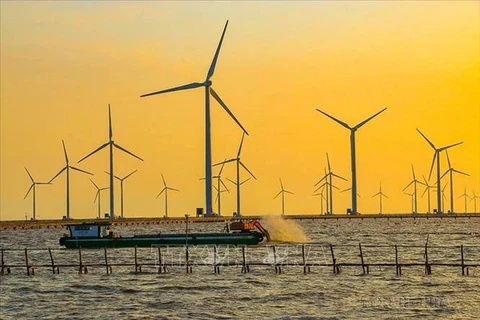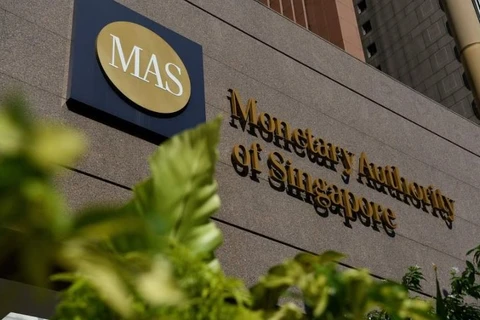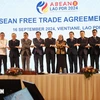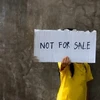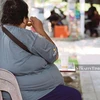Singapore (VNA) – Singapore is currently reviewing and discussing the implementation of a more comprehensive food safety legislation which includes specific regulations for food donations, following several large-scale poisoning incidents.
As reported by the Straits Times, debating the bill on Aug 6, Singaporean MPs stressed the need to prioritise food safety after recent mass food poisoning incidents involving TikTok parent company ByteDance and the Civil Defence Academy campus.
On July 30, about 130 people who ate catered food at the ByteDance office in One Raffles Quay fell ill with symptoms of gastroenteritis. As of July 31, 17 people were hospitalised but in stable condition. The rest had sought outpatient treatment, self-medicated or recovered without treatment.
On July 23 and 24, a total of 165 Singapore Civil Defence Force (SCDF) personnel fell sick at the Civil Defence Academy campus in Jalan Bahar.
Participating lawmakers said the incidents serve as stark reminders of the risks associated with large-scale food handling. These situations, often involving catering or bulk cooking, can increase the likelihood of issues such as undercooking, improper storage, and prolonged exposure to hot weather.
They urged the authorities to provide measures to train donors and volunteers handling large quantities of food, and emphasise best practices for safe storage and transportation of the food items.
Under the proposed law, the following can be considered food donors: an individual, a community food rescue group, a religious organisation, eateries, soup kitchens, grocery stores or a registered food charity. If any food safety issue arises with donated food, the Singapore Food Agency (SFA) can investigate and take enforcement action. Food businesses and charities must fulfil four conditions to be shielded from lawsuits if a recipient gets food poisoning after eating their donated food./.
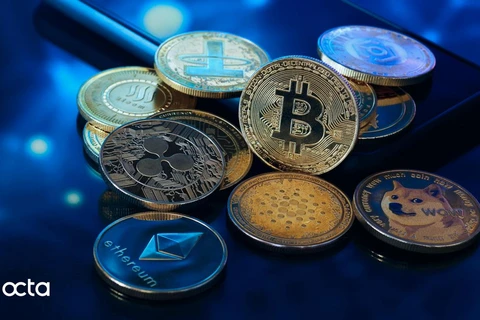
Malaysia, Singapore offer unique approaches to cryptocurrency supervision: experts
The growth of financial technologies, including blockchains and cryptocurrencies, depends on how well the legal system can adapt. Globally, as the legal status of cryptocurrencies remains ambiguous, Malaysia and Singapore offer unique approaches to cryptocurrency supervision.
